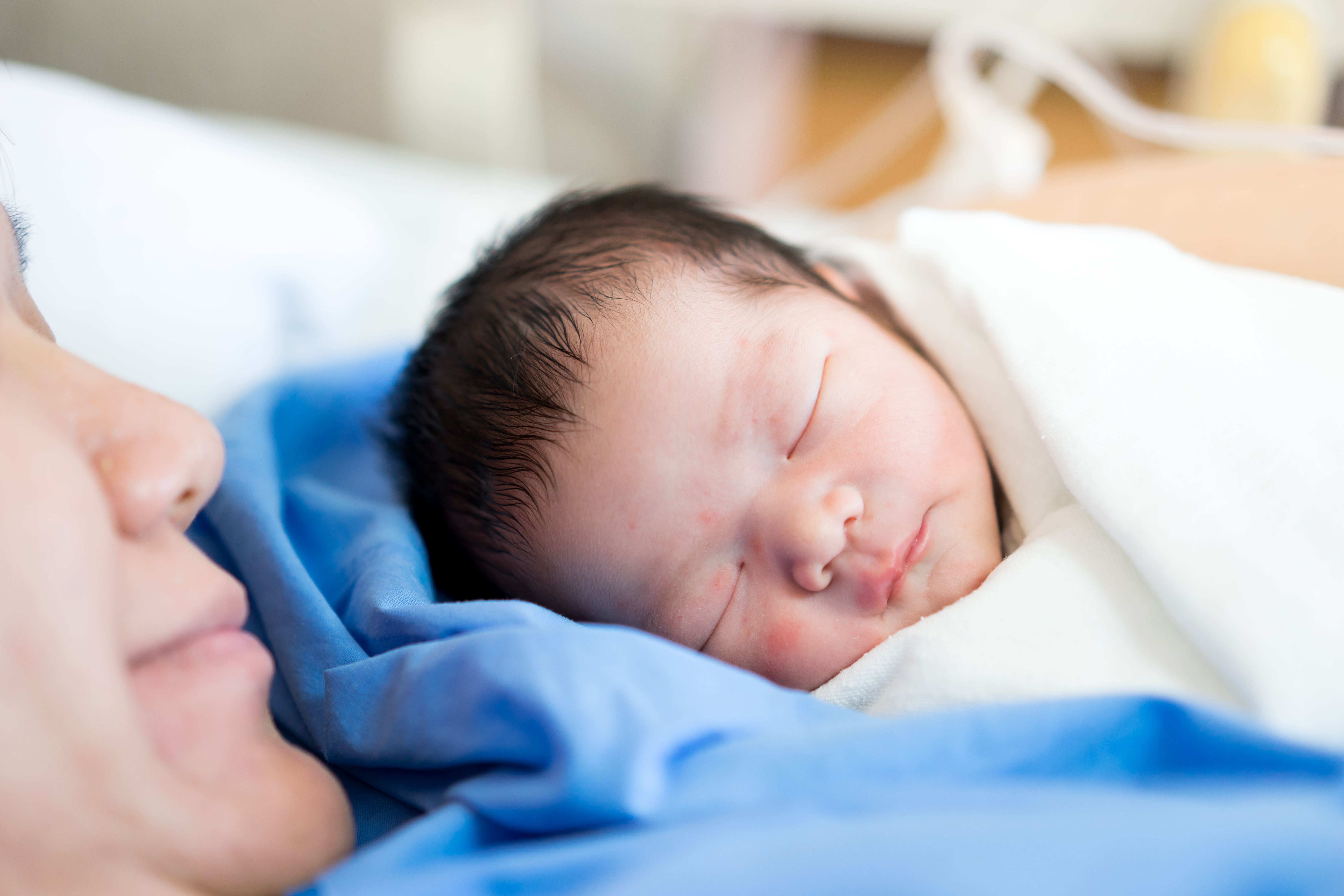A Major New Study Concludes Babies Do Not Develop Their Microbiome Until Birth
12 jan 2020

An analysis of human placentas finds no evidence for the existence of a placental microbiome – although the organ may sometimes harbour a potentially harmful bacterium.
With growing evidence linking our microbiome with many different chronic conditions, including obesity, asthma, diabetes and inflammatory bowel disease. Understanding how and when infants are colonised with the communities of microorganisms that live in and on their bodies is currently a hot topic for research. However, it is currently unclear exactly when the process of microbial colonisation starts – is it solely during and after birth, or when the foetus is still in the womb?
The prevailing view was that the developing foetus grows within a sterile environment. But some recent genetic sequencing studies have suggested that the placenta is in fact colonised by a diverse population of bacteria – the so-called ‘placental microbiome’ – indicating that microbes can pass from there into the foetus. Yet many scientists contest whether these bacterial signals are real or simply an artefact of contamination.
But the results from a recent analysis of hundreds of placentas may finally bring an end to the debate.
Differentiating Signals
In the study, published in Nature, researchers set out to determine whether the presence of bacterial DNA in the placenta is associated with certain pregnancy complications.1
The team carefully collected, processed and analysed placentas from 537 women shortly after giving birth – including over 318 who had experienced a complication such as pre-eclampsia, spontaneous preterm birth or delivering an infant who is small for their gestational age.
To enable them to differentiate between true bacterial signals and potential sources of contamination, the researchers used multiple methods of DNA extraction and detection sequencing methods. They also took meticulous care to avoid adding contaminants into their experiments, including the use of ultrapure water generated from an ELGA PURELAB® laboratory water purification system.
Supporting the Sterile Womb Hypothesis
After eliminating any extraneous contaminating signals, the researchers found no evidence for the presence of bacteria in the vast majority of placental samples.
But there was one important exception. They found strong evidence for the presence of an important bacterial pathogen - Streptococcus agalactiae (group B Streptococcus) in approximately 5 percent of samples collected before the onset of labour. However, they found no link between placental infection and the risk of pregnancy complications.
Future Clinical Implications
The results from this study, the largest of its kind to date, finds no evidence to support the existence of a placental microbiome. But the discovery of the presence in some placentas of a group B Streptococcus strain that can cause fatal sepsis in newborns may be of considerable clinical importance. Perinatal exposure to this bacterium within the genital tract was previously thought to be the major site of transmission from mother to baby - but if this is also proven to occur through an infected placenta, this will have important implications for future screening and intervention strategies.
Why Choose ELGA LabWater?
ELGA has been a trusted name in laboratories around the world since 1937. Our dedication to ultrapure and pure water is a guarantee that we will continue to provide the best solutions with the best service.
Reference:
- De Goffau, M. C., et al. Human placenta has no microbiome but can contain potential pathogens. Nature 2019; 572: 329-324.
Dr Alison Halliday
After completing an undergraduate degree in Biochemistry & Genetics at Sheffield University, Alison was awarded a PhD in Human Molecular Genetics at the University of Newcastle. She carried out five years as a Senior Postdoctoral Research Fellow at UCL, investigating the genes involved in childhood obesity syndrome. Moving into science communications, she spent ten years at Cancer Research UK engaging the public about the charity’s work. She now specialises in writing about research across the life sciences, medicine and health.
